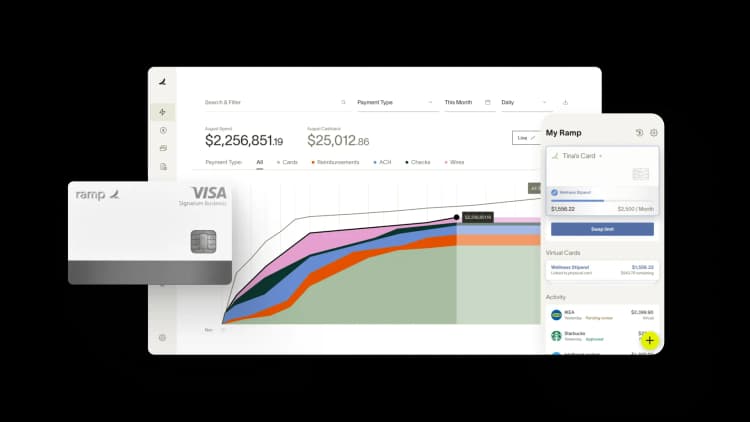Github charges
Ramp has processed 379726 transactions for Github.
You might see Github listed on your credit card statement as:
- GITHUB.COM
- CID JAVAHOUSE KIOSK 1450
- GITHUB, INC.
- GITHUB

Github could appear on your statement as:
- GITHUB.COM
- CID JAVAHOUSE KIOSK 1450
- GITHUB, INC.
- GITHUB
What is Github?
GitHub is a well-known web-based platform service aimed at enhancing the collaborative coding experience for software developers. It provides an enormous code-sharing repository filled with open-source software projects and is also a social platform that allows developers to frame their profiles, follow each other, and host and review code. Additionally, the platform offers a range of features, such as bug tracking, project management, and team communication, which makes it easier for developers to write cleaner, more efficient code. GitHub is a popular platform used by millions of developers every day, including some of the biggest tech companies like Microsoft, Facebook, and Google.
Top 5 products and services provided by Github are:
- Git: The distributed version control system used for source code management.
- Github Pages: Enables users to create websites by simply uploading HTML, CSS, and JavaScript files without a back-end server.
- Github Actions: This service automates development workflows within Github, such as building, testing, and deploying applications.
- Github Enterprise: Used by large organizations, this service provides a cloud-hosted or on-premise version of Github.
- Github Marketplace: Offers users access to software tools and services, including code quality verification, project management, and code review.
Github website
https://github.com/“Accurate classification of expenses is vital for businesses as it forms the backbone of financial reporting, tax compliance, and strategic decision-making. It enables businesses to track and analyze their spending patterns, identify cost-saving opportunities, and assess the profitability of various operations or projects.”
Senior Manager, Accounting, Ramp
